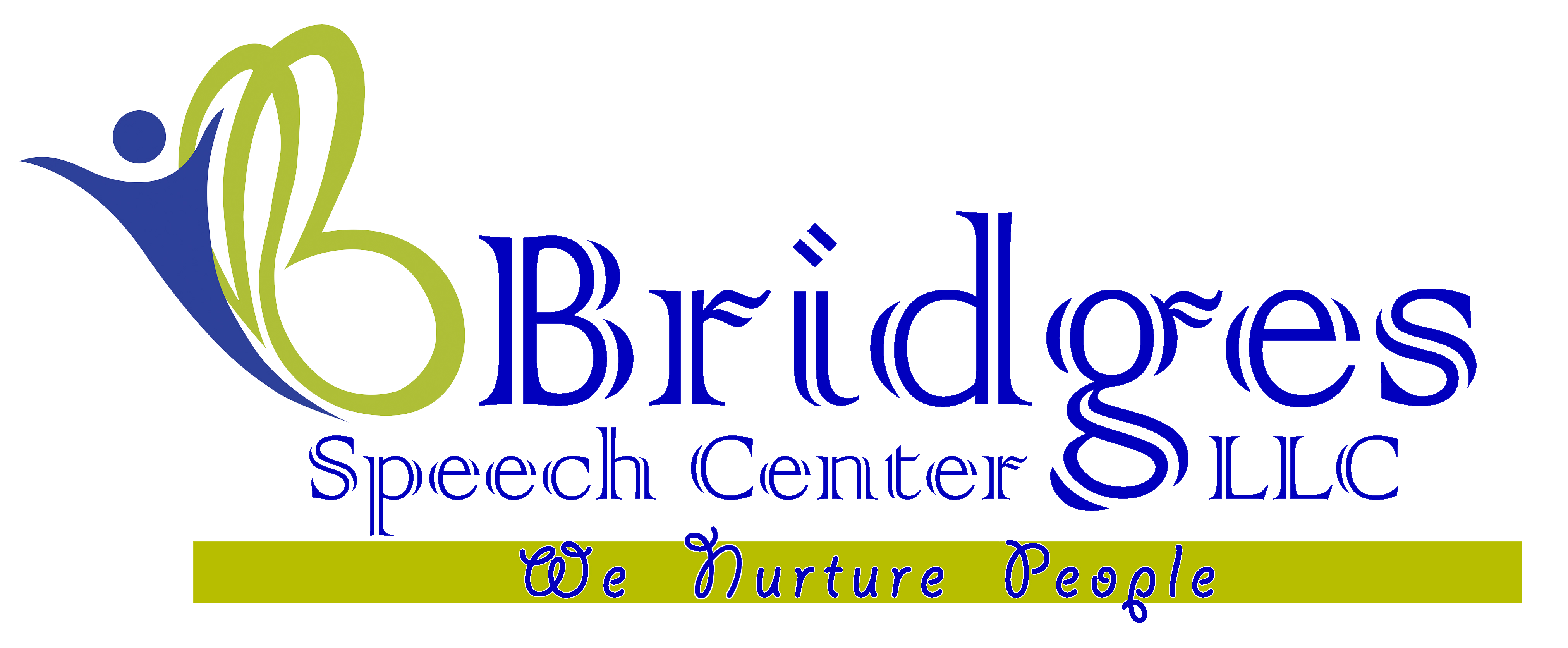- About Us
- Our Services
- Speech Therapy
- Speech and Language Therapies for Adults in Dubai
- Speech and Language Therapies for Children in Dubai
- Accent therapy
- Augmentative Alternative Communication (AAC) Therapy
- Articulation Speech Therapy
- Auditory Processing therapy/ Auditory verbal therapy
- Language Intervention: Speech Delay therapy
- Oral Motor Therapy
- Play Based therapy
- PROMPT/DTTC/RePT for Childhood Apraxia of Speech
- Social communication/Pragmatic language therapy
- Stuttering / Stammering therapy Program
- Spellography Program for Dyslexia
- Voice Therapy
- Feeding Therapy
- Occupational Therapy
- Sensory Integration
- Clinical Psychology & Psychotherapy
- Cognitive Behavioral Therapy(CBT)
- ABA /Behavior Therapy
- Bridge Learning Program
- Group therapy
- Summer/Winter Program
- Telehealth Services
- Training Program/CEU
- Internship/ Observership
- Speech Therapy
- Super Team
- Collaboration
- Training Course
- News/Blogs
- About Us
- Our Services
- Speech Therapy
- Speech and Language Therapies for Adults in Dubai
- Speech and Language Therapies for Children in Dubai
- Accent therapy
- Augmentative Alternative Communication (AAC) Therapy
- Articulation Speech Therapy
- Auditory Processing therapy/ Auditory verbal therapy
- Language Intervention: Speech Delay therapy
- Oral Motor Therapy
- Play Based therapy
- PROMPT/DTTC/RePT for Childhood Apraxia of Speech
- Social communication/Pragmatic language therapy
- Stuttering / Stammering therapy Program
- Spellography Program for Dyslexia
- Voice Therapy
- Feeding Therapy
- Occupational Therapy
- Sensory Integration
- Clinical Psychology & Psychotherapy
- Cognitive Behavioral Therapy(CBT)
- ABA /Behavior Therapy
- Bridge Learning Program
- Group therapy
- Summer/Winter Program
- Telehealth Services
- Training Program/CEU
- Internship/ Observership
- Speech Therapy
- Super Team
- Collaboration
- Training Course
- News/Blogs
Feeding Therapy Treatment in Dubai
- Home
- Our Services
- Feeding Therapy
Feeding therapy
Feeding therapy, also referred to as pediatric feeding therapy or pediatric feeding and swallowing therapy, is a specialized area within healthcare that focuses on evaluating and treating feeding and swallowing difficulties in infants, children, and adolescents. Feeding therapy addresses a broad spectrum of issues related to eating, drinking, and swallowing, aiming to improve oral intake, nutrition, and overall feeding skills. This comprehensive intervention involves collaboration among various healthcare professionals, including speech-language pathologists, occupational therapists, registered dietitians, pediatricians, and other specialists, to address the complex needs of individuals with feeding challenges.
Assessment and Evaluation:
Feeding therapists begin by conducting thorough assessments to evaluate the individual’s feeding and swallowing abilities, as well as any underlying medical, developmental, or sensory issues that may be contributing to feeding difficulties. Assessments typically include clinical observations, standardized feeding and swallowing evaluations, parent/caregiver interviews, and collaboration with other healthcare providers. The goal of the assessment is to identify the specific nature and severity of the feeding difficulties and to develop a tailored treatment plan.
Treatment Planning:
Based on the assessment findings, feeding therapists collaborate with the individual and their family to develop a personalized treatment plan that addresses the underlying causes of feeding difficulties and targets specific goals. Treatment plans may encompass a variety of strategies and techniques to improve oral motor skills, sensory processing, mealtime routines, and nutritional intake. The ultimate goal is to support the individual in achieving safe, efficient, and enjoyable feeding experiences.
Intervention Techniques:
Feeding therapy employs a range of evidence-based techniques and interventions to address feeding and swallowing difficulties effectively. These may include:
- Oral Motor Therapy: Utilizing exercises and activities to strengthen oral muscles, improve coordination, and enhance sucking, chewing, and swallowing skills.
- Sensory Integration Therapy: Addressing sensory processing issues related to food textures, tastes, smells, and temperatures through desensitization techniques, sensory play, and gradual exposure.
- Behavioral Therapy: Implementing strategies to address behavioral challenges, reduce mealtime stressors, and promote positive mealtime behaviors, such as food acceptance and appropriate feeding interactions.
- Feeding Environment Modification: Creating a supportive and structured mealtime environment that minimizes distractions, encourages participation, and promotes successful feeding experiences.
- Parent and Caregiver Education: Providing education and guidance to parents and caregivers on feeding and swallowing disorders, mealtime strategies, nutritional requirements, and home-based interventions to facilitate progress and consistency outside of therapy sessions.
Collaboration and Multidisciplinary Care:
Feeding therapy often involves collaboration with a multidisciplinary team of healthcare professionals, including pediatricians, gastroenterologists, allergists, occupational therapists, speech-language pathologists, and registered dietitians. This collaborative approach ensures that all aspects of the individual’s feeding difficulties are addressed comprehensively, considering medical, developmental, sensory, and behavioral factors.
Progress Monitoring and Follow-Up:
Throughout the course of feeding therapy, therapists continually monitor the individual’s progress, adjust treatment strategies as needed, and evaluate the effectiveness of interventions. Regular follow-up sessions and reassessments are conducted to track improvements, address any emerging challenges, and provide ongoing support to the individual and their family.
Empowering Families and Caregivers:
An essential aspect of feeding therapy is empowering families and caregivers with the knowledge, skills, and resources needed to support the individual’s feeding development and success long-term. Feeding therapists work closely with families to provide education, guidance, and practical strategies for implementing feeding interventions at home and in other settings.
In conclusion, feeding therapy is a specialized healthcare intervention that addresses feeding and swallowing difficulties in infants, children, and adolescents. Through comprehensive assessment, individualized treatment planning, evidence-based interventions, collaboration with other professionals, and ongoing support for families and caregivers, feeding therapists play a crucial role in helping individuals achieve safe, efficient, and enjoyable feeding experiences, ultimately improving their overall health and well-being.
Make Appointment
Testimonials
What Parents Say
Send us an email if you wish to talk to any of them. For more reviews, please go to Google reviews.

My experience with bridges speech centre has been great. My child is attending OT in the center and we are happy and proud with the progress Mrs. Richa has made. The therapists are very supportive and knowledgable in selecting techniques to suit with our child's requirements . Their monthly review and evaluation is remarkable. I highly recommend bridges speech centre to anyone looking for an affordable and professional therapy for their child....

We were asked to consult a speech therapist for my son. As parents we were quite skeptical about this whole process. However, once my son started attending Dr Rupali’s sessions we noticed a drastic improvement in his speech. He used to speak only a few words but within the 1st four sessions he started speaking up-to 5 words sentences. I also learnt to manage my child’s emotions better with Dr Rupali’s guidance. She is very cooperative and patiently answer all questions.

We took our 21 month old daughter to Bridges speech center following her cleft palate surgery as she needed Speech therapy. Ms.Rupali was recommended to us by both our Pediatrician and ENT specialist. The staff at Bridges are qualified, warm and friendly. My daughter loved to attend the speech therapy sessions. Through various techniques and simulations provided during these sessions, I can see considerable improvement in my daughter's speech. Lastly I would say, no child is same, as parents we need to be patient and trust the process.

Rupali was excellent. In just couple of sessions she helped my child overcome difficulty in pronouncing ch and sh sound. Thanks very much.Highly recommend for children who will need assistance in speech therapy.
Blog & Article
Our Latest Blog & Articles
Are you feeling depressed or anxious?
Are you feeling depressed or anxious? abdulrehman August 16, 2023 Uncategorized Are you...
Sensory Integration
Sensory Integration abdulrehman August 11, 2023 Uncategorized Sensory Integration Sensory integration is a...



